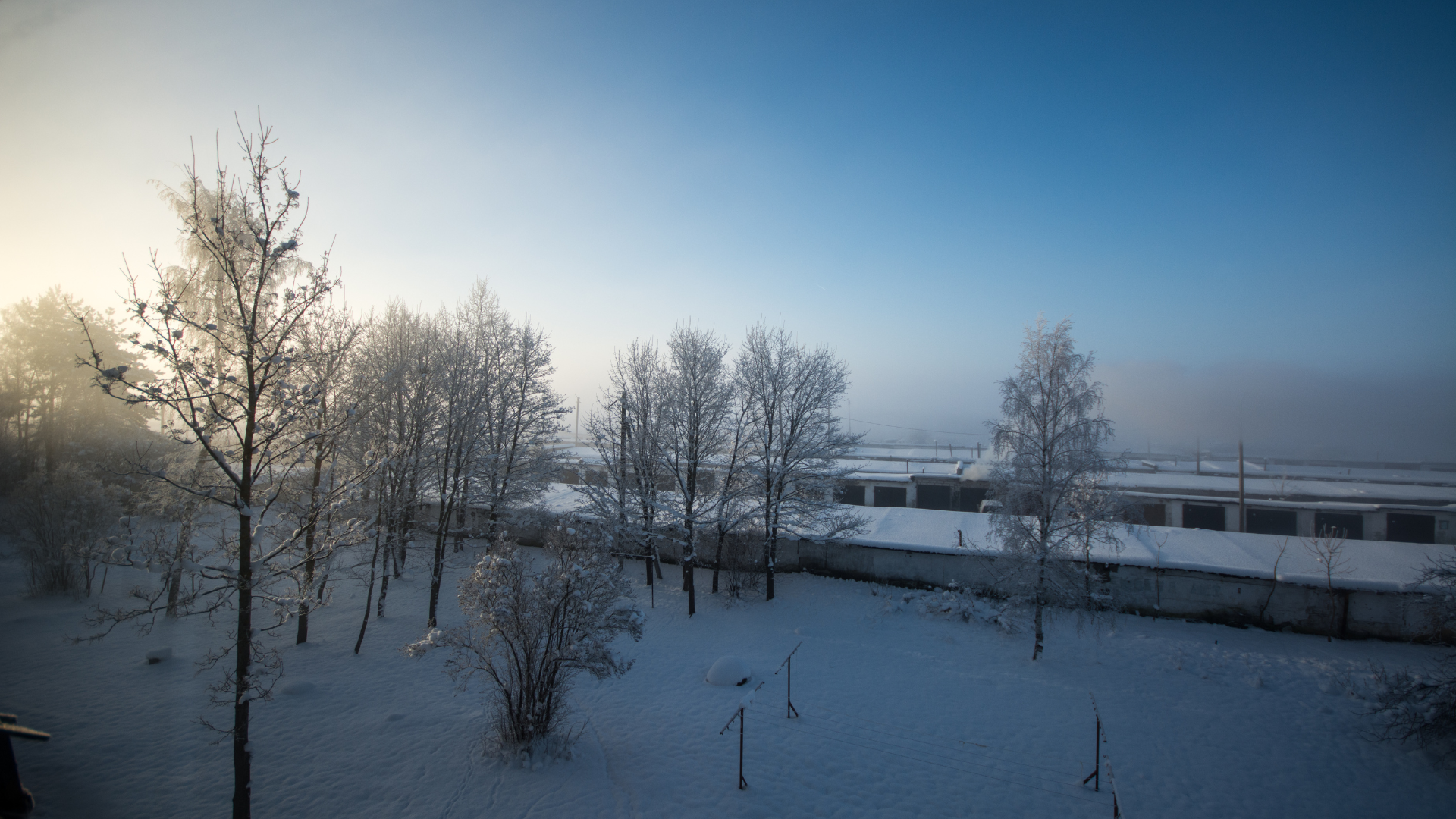
11 cold weather tips for people with glaucoma and AMD
As winter approaches, individuals living with conditions such as glaucoma and age-related macular degeneration (AMD) may face unique challenges in managing their eye health. Cold weather can exacerbate symptoms and discomfort associated with these conditions. In this article, we explore practical strategies to help minimise discomfort and maintain eye health during the colder months.
Understanding the Impact of Cold Weather on Eye Conditions
Vasoconstriction: Cold weather can trigger vasoconstriction, the narrowing of blood vessels. This may reduce blood flow to the eyes, potentially temporarily worsening symptoms for individuals with glaucoma.
Dry Eyes: Low humidity levels during winter can lead to dry eyes, a common concern for those with glaucoma and AMD. Dry eyes can cause irritation and discomfort, making it crucial to address. Read this blog for tips on managing dry eyes
Light Sensitivity: Winter sunlight, especially when reflecting off snow or ice, can be intense. For individuals with AMD, the increased brightness may intensify light sensitivity, creating discomfort.
11 tips on minimizing discomfort in cold weather
1. Dress Appropriately:
Wear warm clothing, including a hat and gloves, to maintain overall body warmth. This can help reduce the risk of vasoconstriction and maintain comfortable blood flow to the eyes.
2. Use Moisturizing Eye Drops:
Combat dry eyes by using preservative-free artificial tears or lubricating eye drops. Regular use can help keep the eyes moist and alleviate discomfort.
3. Maintain Indoor Humidity:
Use a humidifier to counteract the drying effects of indoor heating systems. Adequate humidity levels can prevent dry eyes and create a more comfortable environment.
4. Protect Your Eyes from Harsh Light:
Wear sunglasses with UV protection, especially on bright winter days. Wrap-around sunglasses can minimise glare and shield the eyes from harsh sunlight. This article may be helpful with tips on how to protect your sight from winter sun.
5. Limit Exposure to Cold Wind:
Protect your eyes from cold winds by wearing glasses or goggles. This can prevent excessive tear evaporation and reduce the risk of dry eyes.
6. Stay Hydrated:
Drink plenty of water to maintain overall hydration, which can contribute to the moisture levels in your eyes.
7. Follow Medication and Treatment Plans:
Adhere to prescribed medication regimens and treatment plans. Consistent management of glaucoma and AMD is essential for minimising discomfort and preserving vision.
8. Consider Heated Eye Masks:
Heated eye masks can provide soothing relief for dry eyes. Consult with your eye care specialist to determine if this is a suitable option for you.
9. Limit Time in Extreme Conditions:
If possible, avoid prolonged exposure to extremely cold or windy conditions. Plan outdoor activities during milder weather to minimise discomfort.
10. Practise Indoor Exercises:
Engage in indoor exercises to maintain overall health. This not only contributes to well-being but also reduces the need for extended outdoor exposure during colder weather.
11. Consult Your Eye Care Specialist:
Regularly check in with your ophthalmologist or optometrist. Discuss any changes in symptoms or discomfort you may be experiencing and seek their advice on personalised strategies for managing your specific condition. OcuPlan offers an ‘ask a consultant service’ through our Free Service. Use this to ask any questions that you need an answer to.
Conclusion
Winter doesn't have to be synonymous with increased discomfort for individuals living with glaucoma and age-related macular degeneration. By adopting these practical strategies, you can minimize the impact of cold weather on your eyes and maintain optimal eye health. Remember, proactive management, regular check-ups, and simple lifestyle adjustments can go a long way in ensuring your comfort and well-being during the chillier months. Always consult with your eye care specialist for personalised advice tailored to your specific needs.
OcuPlan helps patients with conditions such as glaucoma and AMD to protect their sight. Find out more here
About OcuPlan
OcuPlan offers the gold standard of clinical care for patients with long-term eye conditions to help minimise the risk of sight loss.